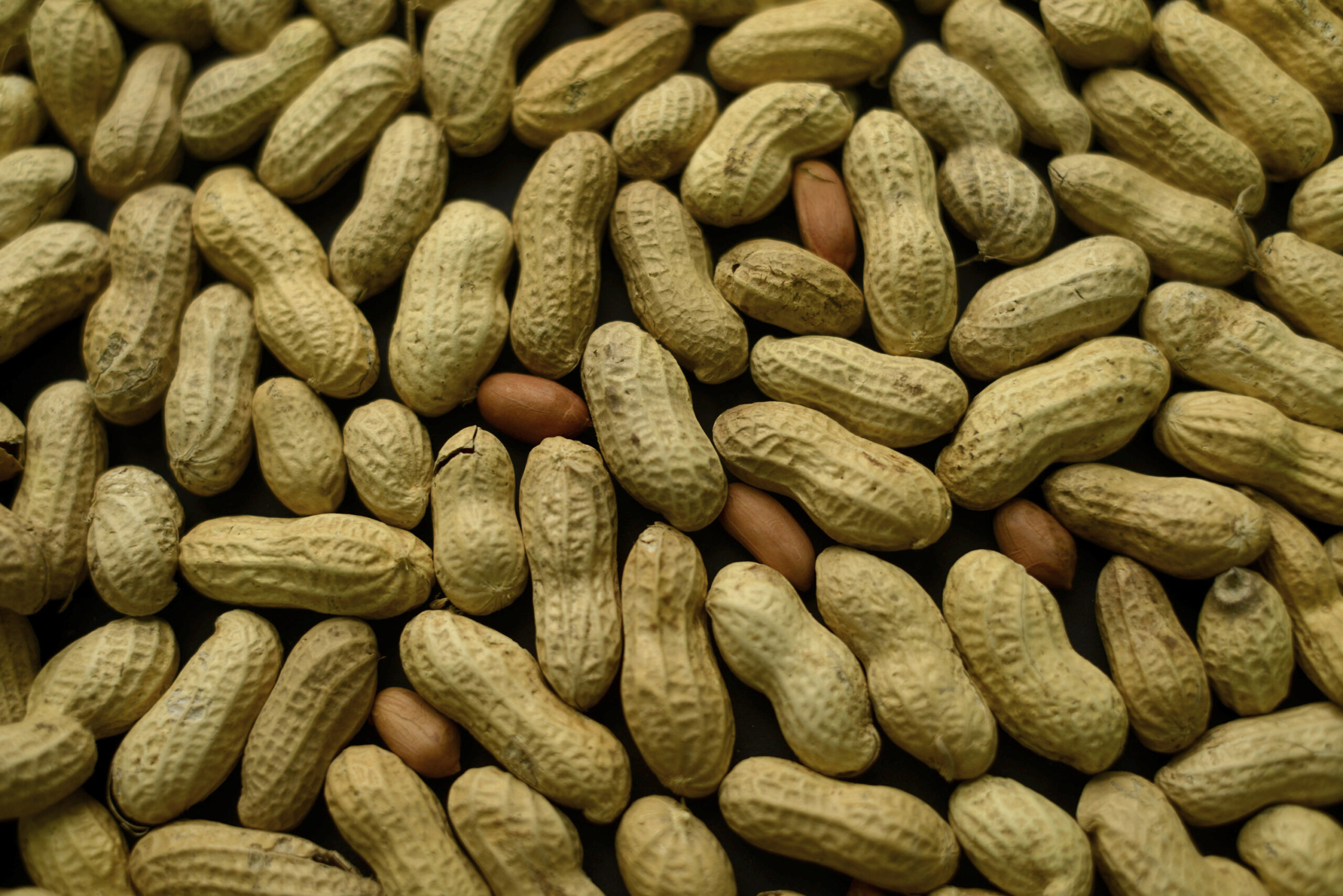How Early Peanut Exposure Transformed Childhood Allergy Prevention
For decades, parents were urged to keep infants away from peanuts to avoid dangerous allergic reactions. But modern research has completely flipped that advice — and the results have been life-changing. Over the past ten years, a major shift in pediatric nutrition guidelines, indicating that early peanut introduction reduces allergies, has helped prevent tens of thousands of peanut allergy cases in the United States. The change stems from evidence that introducing peanut-based foods early in life can dramatically reduce the risk of developing a lifelong allergy. Notably, early peanut introduction reduces allergies effectively according to numerous studies.
The turning point came in 2015 when studies revealed a striking disparity between allergy rates among children in different regions. Researchers observed that peanut allergies were nearly ten times higher in British children than in Israeli children of similar ancestry. The key difference? Israeli infants commonly ate a peanut-based snack known as Bamba during their first year of life. Meanwhile, British and American parents avoided early peanut exposure. This discovery sparked a scientific revolution in infant nutrition and allergy prevention. It reshaped how parents and doctors approach early feeding practices.
According to the National Institute of Allergy and Infectious Diseases, infants at high risk for allergies should begin consuming peanut-containing foods between four and six months of age. This proactive approach is also endorsed by the Centers for Disease Control and Prevention. It has contributed to a 43% reduction in peanut allergy prevalence and a 36% decline in overall food allergies among young children in the U.S. Consistent implementation of early peanut introduction reduces allergies significantly over time.
The Data Behind the Drop in Peanut Allergies
Researchers from the Children’s Hospital of Philadelphia analyzed the medical records of more than 120,000 children from pediatric practices nationwide to assess the real-world impact of these new guidelines. Their findings show that since the policy reversal, at least 40,000 cases of peanut allergy have been prevented. This figure represents one of the most significant public health achievements in pediatric nutrition over the last decade.
Dr. David Hill, one of the lead researchers, explained that “early allergen introduction works,” marking a pivotal moment in allergy prevention strategy. For the first time, data suggest the United States is reversing the rising trend of childhood food allergies that had quadrupled from 1997 to 2010. Indeed, early peanut introduction reduces allergies and presents a game-changing approach to managing potential childhood allergies.
Despite this success, some challenges remain. Studies from the American Academy of Pediatrics indicate that many families have yet to fully adopt the new guidelines. Often, this is due to fear of triggering allergic reactions in other household members. Pediatric allergists stress that early introduction should be done safely, ideally under medical supervision for infants at higher risk.
Moreover, experts caution that while early peanut consumption reduces risk, it doesn’t guarantee immunity. Allergists estimate that about 10% of children who develop peanut allergies may eventually outgrow them. However, for the majority, these allergies remain lifelong. Continued education for parents and pediatricians is essential. This ensures that early feeding practices align with the latest research findings.
The Broader Impact on Nutrition and Public Health
Beyond allergy prevention, early peanut introduction represents a broader shift in how society approaches childhood nutrition. The 2015 and 2017 revisions of U.S. dietary guidelines reshaped family routines, daycare policies, and even food industry practices. Once a banned ingredient in many schools and airlines, peanuts are slowly being reintegrated into everyday diets. This happens as public awareness grows about their safe and strategic use in early life.
Experts note that the long-term public health benefits extend far beyond individual families. Peanut allergies cost American healthcare systems an estimated $25 million annually in emergency care. Prevention through dietary strategy could lead to substantial economic and quality-of-life improvements. The U.S. Department of Health and Human Services continues to promote education programs. These programs aim to help parents understand when and how to safely introduce allergenic foods.
As a result of these changes, the United States is now seeing the first measurable decline in childhood food allergies in modern history. For many parents, this reversal represents not only scientific progress but also hope. It’s a sign that informed nutrition choices during infancy can alter the course of lifelong health.
The success of early peanut exposure offers a powerful lesson: sometimes, preventing an epidemic begins not in the laboratory but at the family table, one spoonful at a time.



